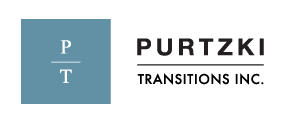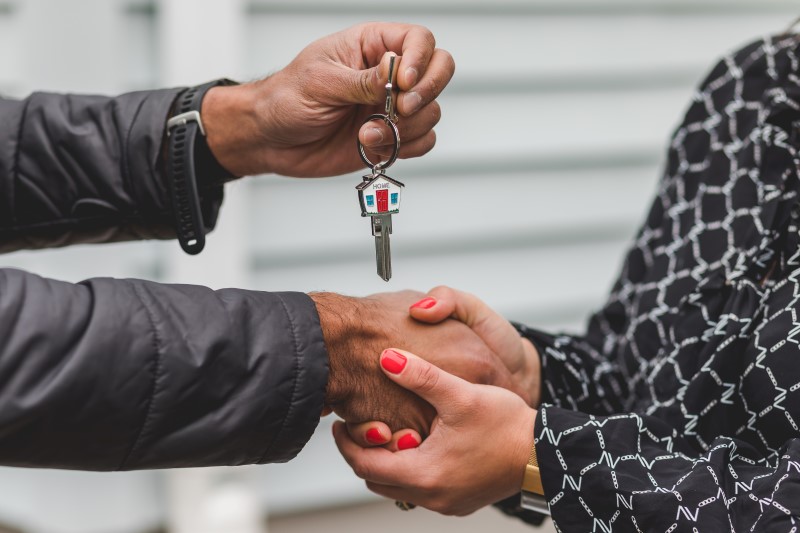Financing Your First Home
Financing Your First Home
Once settled into practice life as a young dentist and enjoying a steady cash flow, you’re probably keen to live in your own modest home. You also looked at some million-dollar homes but decided that trying to finance such an expensive home without any cash down is a ludicrous pipe-dream. With a student loan and an old Volvo as your only “assets,” it might look that way. But while it’s true you wouldn’t qualify by standard mortgage-lending criteria, as a dentist the standard won’t be applied to you. The banks already regard you as a highly-valued prospective customer.
Most banks have health care divisions with specially-trained loan managers who will understand your financial needs. Wherever you are in the process of shopping and signing for your loan, always deal with the manager who specializes in the dental industry.
What if you’re looking for a conventional mortgage, but you have no money to finance the down payment? Work with the bank’s loan manager to arrange the down payment in the form of a personal demand loan or a line of credit, to be made either personally to you or to your dental corporation.
Buy your dream home
My advice to you as a new dentist is to buy a home as soon as you can afford the mortgage payments. This won’t take long because your income will accelerate quickly once you’re settled into a practice. If possible, skip the condo or starter home that is ‘good enough for now.’ Life’s too short to live in a place you really don’t like and which won’t be suitable for your family in the long run. It doesn’t make economic sense either.
The gap between the value of a starter house or condo and your dream home will only grow wider over time, pushing the affordability of the home you truly desire beyond your financial ability. Consider this scenario. Say you’re thinking of buying a condo that costs $600,000, while the cost of your desired home is in the $2 million range. The cash gap is $1,400,000. Now, assuming both properties increase in value by 5% per annum, the value of your condo in five years will be about $750,000, whereas the value of the family home you really want has jumped to $2.55 million, increasing the cash shortfall from $1,400,000 to $1,800,000.
Consider an alternative scenario. Say you’re 35 years old now and are thinking of financing a million-dollar mortgage for the type of home your family really wants. You’ve considering giving yourself 15 years to pay the mortgage off, but is that enough time?
My advice is to go for it! Look at those 15 years like a prison term. While it’s true that using all of the money you make to pay for your mortgage won’t be the most pleasant experience, the sooner you start paying down the mortgage, the sooner you’ll be free to put your money into investments. You’ll have the mortgage paid off by the time you reach fifty, which will give you plenty of practice years to save for retirement and your children’s education. Many dentists in their fifties jeopardize their income security during retirement because they’re still carrying large mortgages that eat up their discretionary income.
Author: Manfred Purtzki




